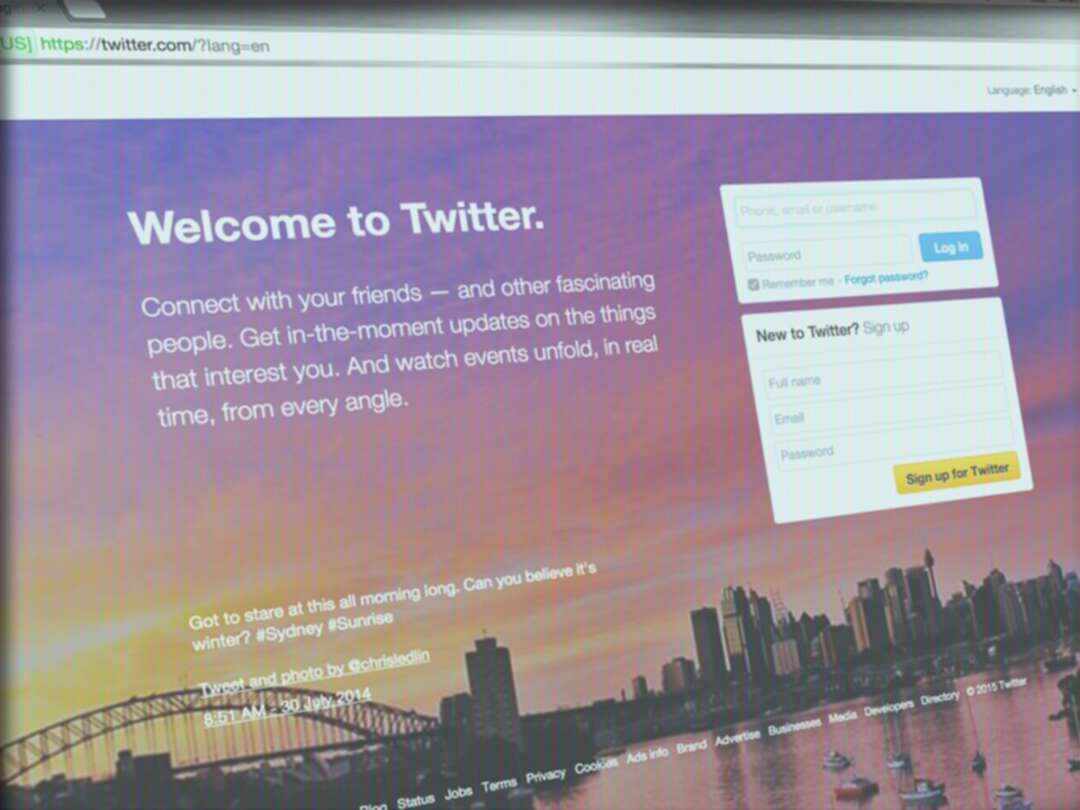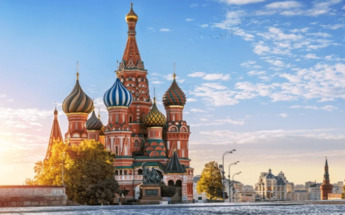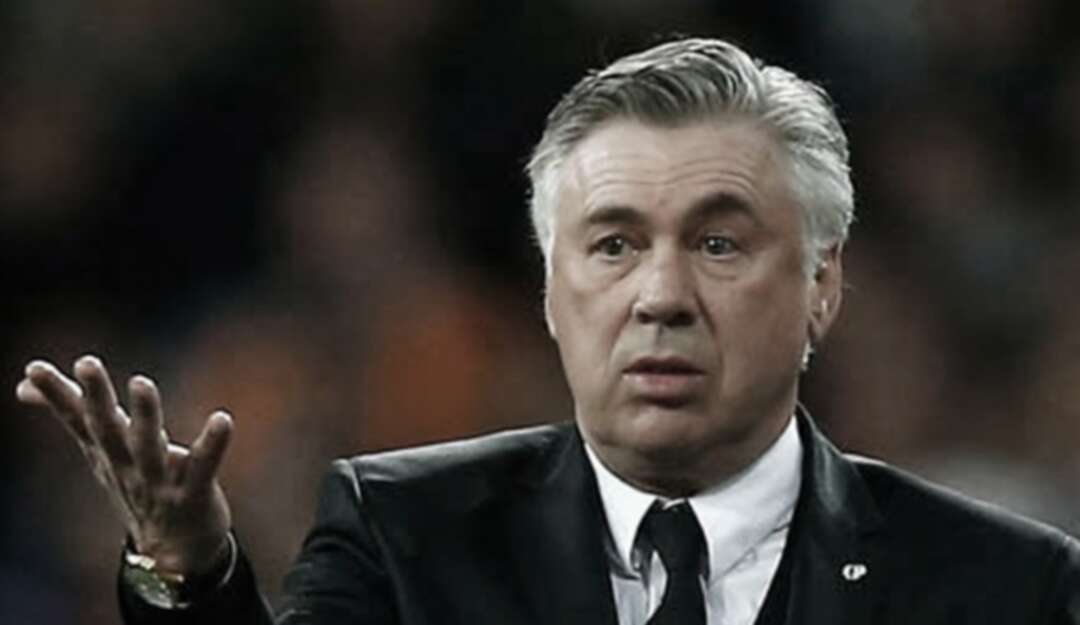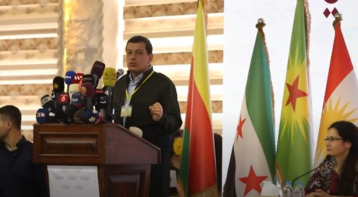-
Nigeria lifts ban on Twitter after seven months

The BBC reported that Nigeria has lifted its ban on Twitter - seven months after clamping down on the social networking site.
Nigeria's government suspended Twitter last June after the company deleted a tweet by President Muhammadu Buhari about punishing regional secessionists.
Authorities accused the social media firm of siding with the secessionists.
But the government said it was reversing the ban after Twitter agreed to conditions including opening a local office in Nigeria.
The move allows millions of people in Africa's most populous nation to use the platform again.

Some users had continued to access the site after the suspension using virtual private networks (VPNs), but the government vowed to clamp down on those still tweeting - including media organisations.
The move last year by Nigeria's government sparked international outcry over freedom of speech.
80 deaths reported across Nigeria following spread of Lassa fever
The social media company's decision to register itself in the country showed it was committed to Nigeria, the country's information technology development agency said.
Twitter has not yet commented on Nigeria's decision to lift the ban.
The government had ordered internet providers to block Twitter, alleging it was being used to undermine "Nigeria's corporate existence" through the spreading of fake news that could potentially have "violent consequences".
Nigeria criticises UK's COVID travel restrictions as it was placed on red list
It came after Twitter removed President Buhari's post referring to the 1967-70 Nigerian Civil War and to treating "those misbehaving today" in "the language they will understand".
Twitter is popular with many Nigerians, and the platform has been used as a mobilising tool. Activists used it to rally support during protests against police brutality under the hashtag #EndSars, which gained global attention.
Source: BBC
Tags
You May Also Like
Popular Posts
Caricature
BENEFIT Sponsors BuildHer...
- April 23, 2025
BENEFIT, the Kingdom’s innovator and leading company in Fintech and electronic financial transactions service, has sponsored the BuildHer CityHack 2025 Hackathon, a two-day event spearheaded by the College of Engineering and Technology at the Royal University for Women (RUW).
Aimed at secondary school students, the event brought together a distinguished group of academic professionals and technology experts to mentor and inspire young participants.
More than 100 high school students from across the Kingdom of Bahrain took part in the hackathon, which featured an intensive programme of training workshops and hands-on sessions. These activities were tailored to enhance participants’ critical thinking, collaborative problem-solving, and team-building capabilities, while also encouraging the development of practical and sustainable solutions to contemporary challenges using modern technological tools.
BENEFIT’s Chief Executive Mr. Abdulwahed AlJanahi, commented: “Our support for this educational hackathon reflects our long-term strategic vision to nurture the talents of emerging national youth and empower the next generation of accomplished female leaders in technology. By fostering creativity and innovation, we aim to contribute meaningfully to Bahrain’s comprehensive development goals and align with the aspirations outlined in the Kingdom’s Vision 2030—an ambition in which BENEFIT plays a central role.”
Professor Riyadh Yousif Hamzah, President of the Royal University for Women, commented: “This initiative reflects our commitment to advancing women in STEM fields. We're cultivating a generation of creative, solution-driven female leaders who will drive national development. Our partnership with BENEFIT exemplifies the powerful synergy between academia and private sector in supporting educational innovation.”
Hanan Abdulla Hasan, Senior Manager, PR & Communication at BENEFIT, said: “We are honoured to collaborate with RUW in supporting this remarkable technology-focused event. It highlights our commitment to social responsibility, and our ongoing efforts to enhance the digital and innovation capabilities of young Bahraini women and foster their ability to harness technological tools in the service of a smarter, more sustainable future.”
For his part, Dr. Humam ElAgha, Acting Dean of the College of Engineering and Technology at the University, said: “BuildHer CityHack 2025 embodies our hands-on approach to education. By tackling real-world problems through creative thinking and sustainable solutions, we're preparing women to thrive in the knowledge economy – a cornerstone of the University's vision.”
opinion
Report
ads
Newsletter
Subscribe to our mailing list to get the new updates!






















